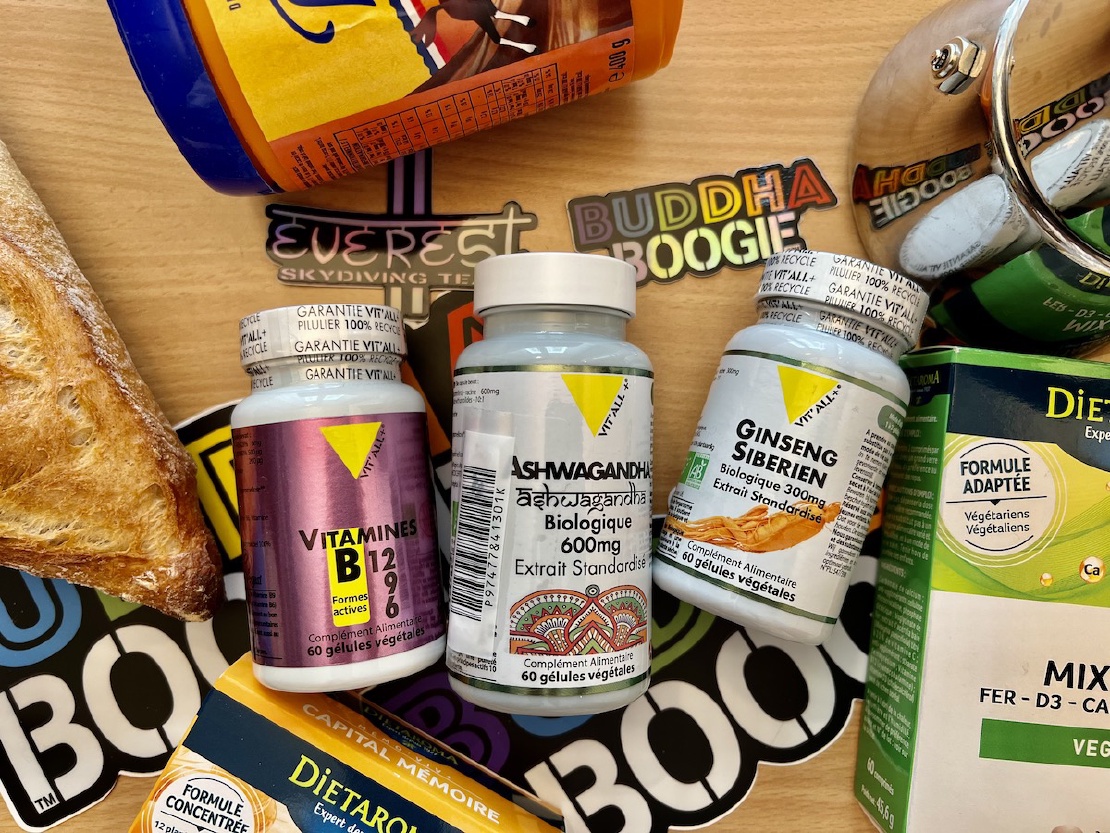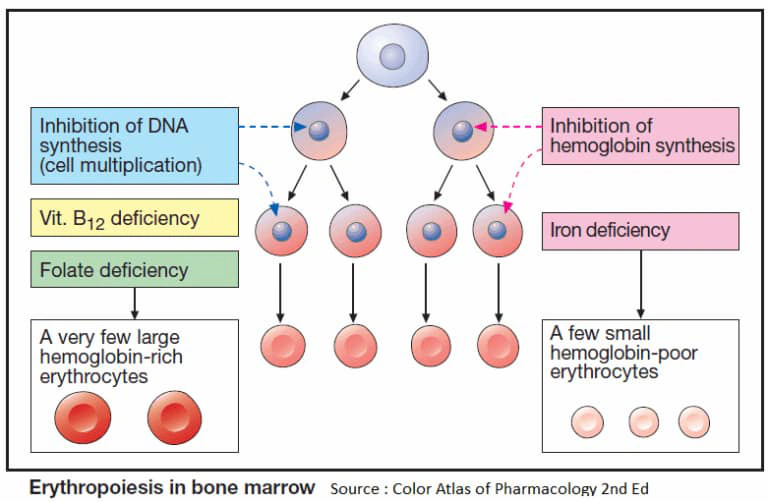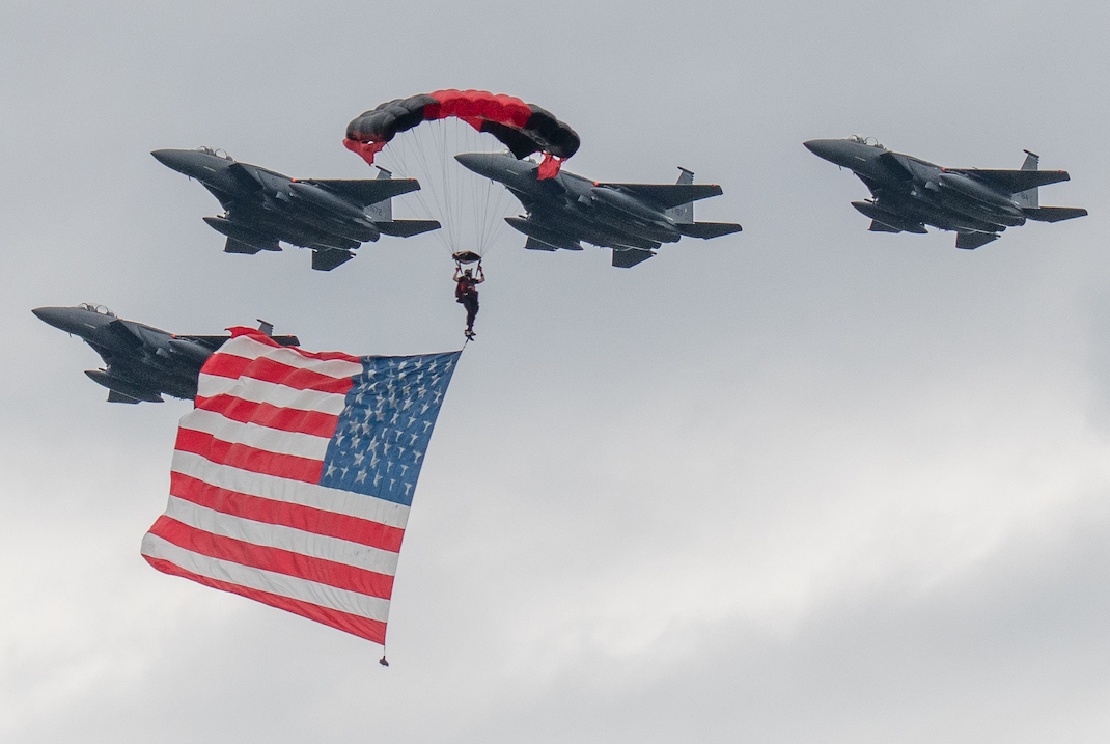
Trekking Hiking Gear Checklist for the 2023 Everest One Skydiving Expedition
Don’t Panic We can find anything you forget / do not have in Kathmandu, Lukla or even Namche! Kathmandu has very affordable options that will …

As a Naturopath and therapist in Functional Nutrition I would like to bring some information that are physiology based and science based on how to handle proper acclimatization with nutrition.
Oxygen is carried and delivered to every body cell by a protein called hemoglobin which is found inside Red Blood Cells (RBC). One major component of this protein is iron.
As the body senses the lack of oxygen it will start to synthesize more hemoglobin. But it needs iron…
There are 2 sources of iron.
Heme iron is found in every animal product
Non heme iron is found in some vegetables like persil, lentils.
Heme iron is absorbed at about 15 to 35%, non heme iron is less well absorbed.
One of the best source of heme iron is red meat. Vitamin c helps to absorb non heme iron so it’s good idea to add some vitamin c food with veggies that contains iron.
Some veggies contain a big amount of iron per 100 grams, like persil. But would you eat 100 grams of dry persil ?
Spirulina is high in iron but still the recommended daily amount is 5-10 grams…. It’s still worth it.
No surprise your best iron source is animal products, taking into consideration the absorption rate.
Now that we have more hemoglobin we need more carriers… That’s where RBC come.

With the lack of oxygen the body will have to produce more of those carriers. This process is called erythropoiesis.
2 vitamins enter in the game, B9, B12. B12 is a tricky one. This one is only found in animal again and supplemented food like cereals with added B12.
Some false information can be found online like some veggies or seaweed contain B12. It’s rejected by science. Spirulina sellers keep advertising that it contains B12 but it is an analogue, a pseudo vitamin. The molecule looks similar but it doesn’t have any biochemical effect.
The only seaweed that could have some real B12 depending on its cultivation is Chlorella.
Once again for B12 intake, go for animal products or supplementation.
Basic check up before going at high altitude.
Hemoglobin: you do not want to have anemia at altitude. Try to be in the middle range. Being on the borderline is not enough.
If your hemoglobin is low then at least 3 options:
If you are low, go for food that are rich in iron or supplement with iron Bisglycinate which have a great absorption and bioavailability. Avoid the traditional Tardyferon medicine. Take iron at least 2 hours from tea and zinc supplement. Start supplementing a few weeks before.
low B12 and increased mean corpuscular volume (MCV) : go for animal products or supplement with B12 with these forms : methylcobalamin, adenosylcobalamin, hydroxocobalamin. Avoid Cyanocobalamin.
low B9 : Lots of green veggies have B9. Or supplement with methylfolate or Quatrefolic. Avoid the synthesis form of folic acid.
Technically it’s better to take B9 and 12 together because those 2 work together in a process called methylation. If one of them is missing, that doesn’t work. So to make sure it’s better to have a B9, B12 supplement.
Don’t forget that with altitude we find less meat and vitamins and minerals will be highly used for other processes like energy production, recovery, muscular function, dealing with the cold, etc.
For example, Iron is also involved in energy production and for the immune system.
I recommend getting a multi vitamin that covers all the micronutrients intake including B9, B12. Usually it doesn’t contain iron though.
No surprise that food can be your best friend or your enemy. Better to stay away from processed food or burgers, pizzas, fries, alcohol. You won’t get much micronutrients from refined white flour that’s been cooked at high temperature.
Meat and animal products are not only rich in protein it also provides iron, B12, zinc, L-carnitin, iodine, choline, B6, B3.
Some herbs may also help with high altitude : They are called adaptogenic herbs, they basically help the body increase its adaptation capacities and deal with physical stress.
Last but not the least : Don’t forget to have a good amount of proteins for several reasons.
Avoid high glycemic food that could lead later on to hypoglycemia : sugar, over ripe bananas or other fruits, products made out of refined white flour. To bring the glycemic load down add some proteins, fats and fibers to your meal.
Coffee is good but it tends to dehydrate, increases stress hormones (Cortisol, adrenaline). Also can sometimes lead to diarrhea. It can also accelerate heart rate. Coffee doesn’t bring energy, it brings excitement. Too much excitement leads to body fatigue, gland fatigue like adrenal glands.
If you are used to having coffee don’t change it but I wouldn’t go on coffee to stimulate my body. However studies completely back up the use of caffeine to help with altitude.

Don’t Panic We can find anything you forget / do not have in Kathmandu, Lukla or even Namche! Kathmandu has very affordable options that will …

Retired Army Master Sergeant (USASOC) Chris Malone Chris just retired from the US Army where he spent his career chasing adventure and new …